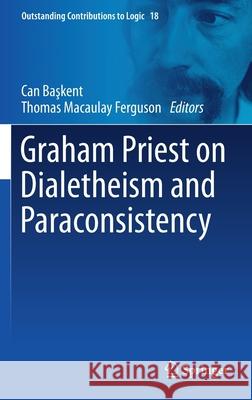Graham Priest on Dialetheism and Paraconsistency » książka
topmenu
Graham Priest on Dialetheism and Paraconsistency
ISBN-13: 9783030253646 / Angielski / Twarda / 2020 / 704 str.
Graham Priest on Dialetheism and Paraconsistency
ISBN-13: 9783030253646 / Angielski / Twarda / 2020 / 704 str.
cena 684,33
(netto: 651,74 VAT: 5%)
Najniższa cena z 30 dni: 616,85
(netto: 651,74 VAT: 5%)
Najniższa cena z 30 dni: 616,85
Termin realizacji zamówienia:
ok. 16-18 dni roboczych.
ok. 16-18 dni roboczych.
Darmowa dostawa!
Kategorie BISAC:
Wydawca:
Springer
Seria wydawnicza:
Język:
Angielski
ISBN-13:
9783030253646
Rok wydania:
2020
Wydanie:
2019
Numer serii:
000468947
Ilość stron:
704
Waga:
1.16 kg
Wymiary:
23.39 x 15.6 x 3.81
Oprawa:
Twarda
Wolumenów:
01
Dodatkowe informacje:
Komentarz
Bibliografia
Wydanie ilustrowane
Bibliografia
Wydanie ilustrowane











